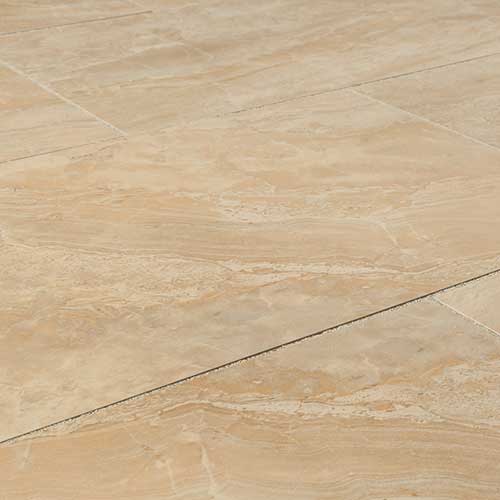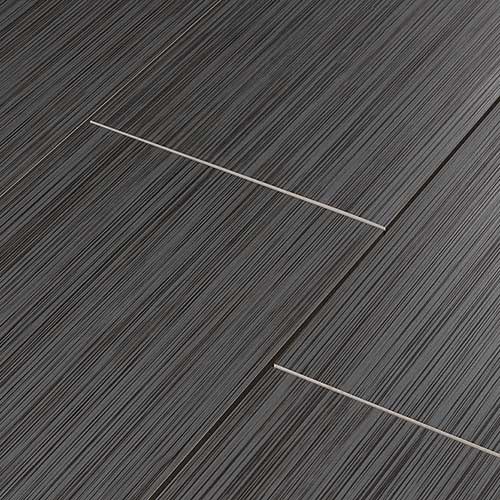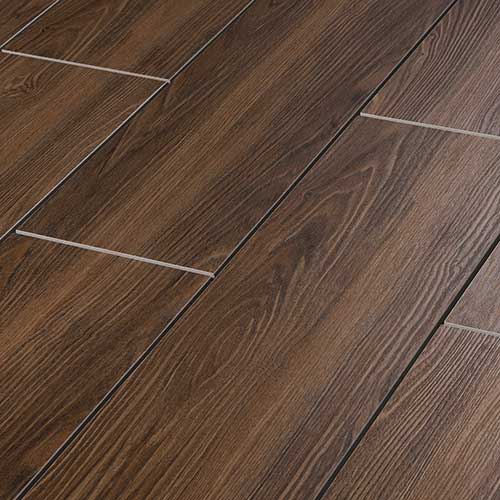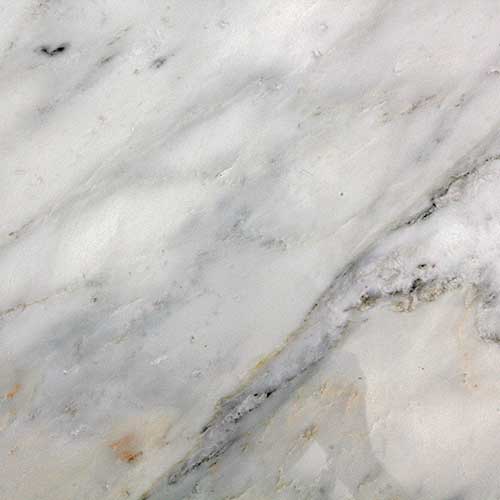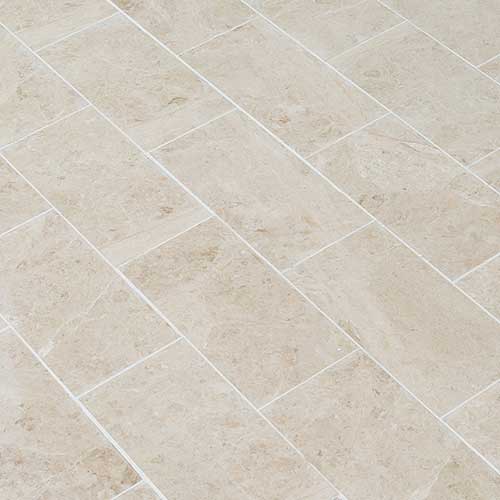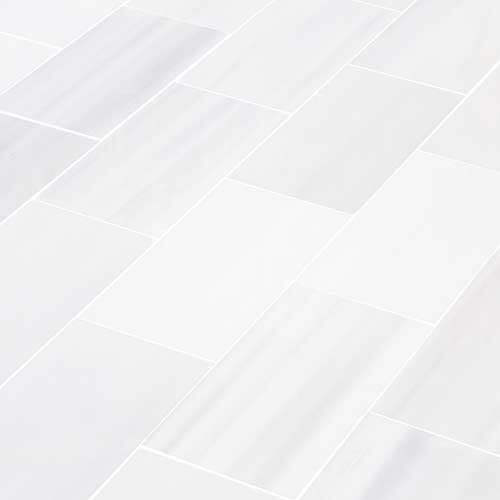Vinyl FlooringWaterproof Rigid Core Vinyl FlooringVinyl Plank FlooringGlue Down Vinyl FlooringWPC Vinyl FlooringSPC Rigid Core Vinyl FlooringPeel and Stick Vinyl FlooringLoose Lay Vinyl FlooringTile Look Vinyl FlooringFloor MoldingsUnderlaymentAdhesivesWood FlooringSolid Hardwood FlooringUnfinished Hardwood FlooringEngineered Hardwood FlooringWaterproof Engineered Hardwood FlooringBamboo FlooringFloor MoldingsUnderlaymentAdhesivesAll FlooringLaminate FlooringLaminateWater Resistant Laminate FlooringFloor MoldingsUnderlaymentAdhesivesTile FlooringCeramic TilePorcelain TileNatural Stone TileTravertine TileMarble TileGranite TileSlate TileLimestone TileMarble TileGranite TileSlate TileLimestone TileDeckingComposite DeckingWood DeckingDeck TilesDeck AccessoriesOtherCarpet TilesAccessoriesAdhesivesUnderlayFloor MoldingsBuilding MaterialsOutdoorCarpet TilesClearancePro RewardsDEALSClearanceSaleHV Picks
Tile Flooring
An exquisite flooring option, tiles have the sophisticated beauty and durability that homeowners love. From ceramic to natural stones, you can find exactly what you're looking floor at BuildDirect.
Choose The Best Tile For You
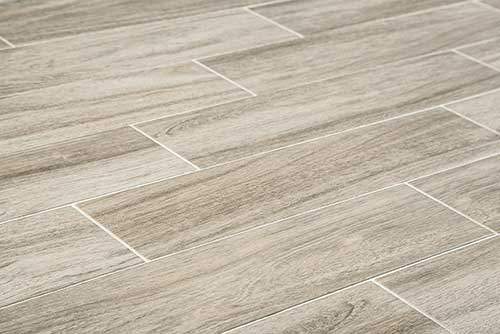
Ceramic TileShop all
An inorganic material, created with clay and fired in a hot kiln.
Can replicate the look of wood, concrete, or marble.
Honed, polished, or unpolished.
Commonly installed in bathrooms, kitchens, and living spaces.
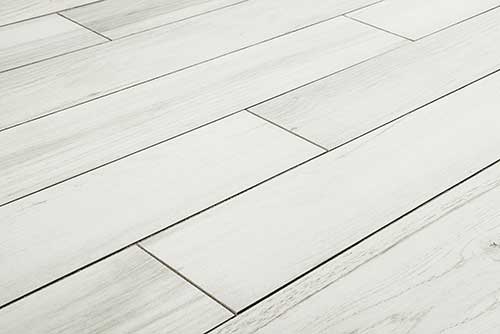
Porcelain TileShop all
A type of ceramic, made with the fusion of clays.
Beautiful and strong: porcelain is dense, heavy, and durable.
Honed, polished, semi polished, or unpolished.
Commonly installed in bathrooms, kitchens, and outdoor spaces.
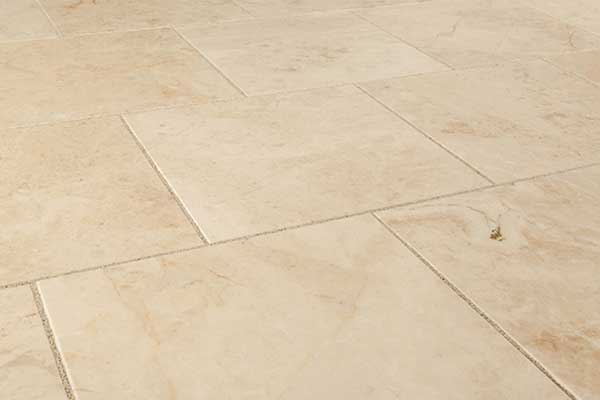
Marble TileShop all
Quarried from different mountain ranges around the world.
Renowned for its classical and elegant beauty.
Honed, polished, brushed, or tumbled.
Commonly installed in bathrooms, kitchens, and living spaces.
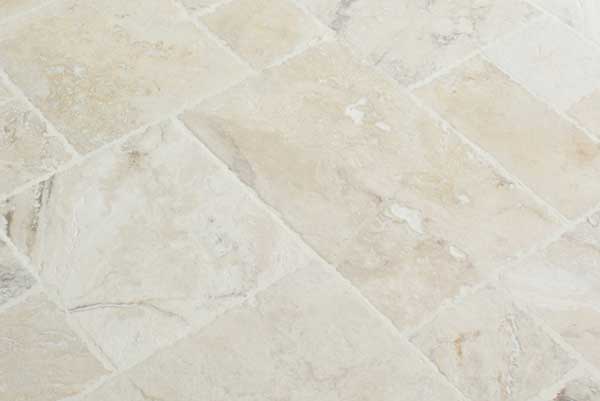
Travertine TileShop all
Quarried from Iran, Turkey, Mexico, Peru, and China.
Unique textures that add a luxurious, antique feel.
Honed, polished, brushed, tumbled, and many more.
Commonly installed in bathrooms, kitchens, and entryways.
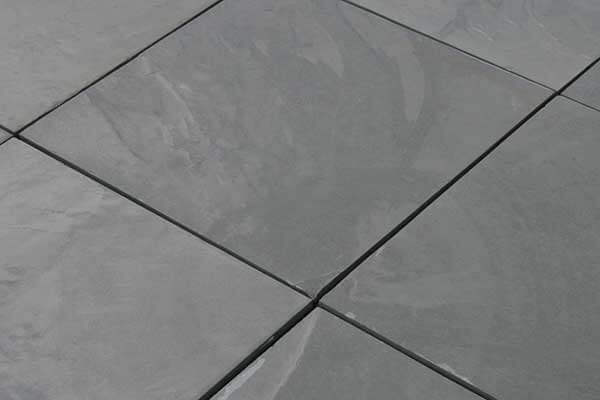
Slate TileShop all
A finely grained, homogeneous, metamorphic rock.
Offered in a range of light and dark grays.
Naturally textured unless with a smooth, honed finish.
Commonly installed in bathrooms, kitchens, and outdoor spaces.
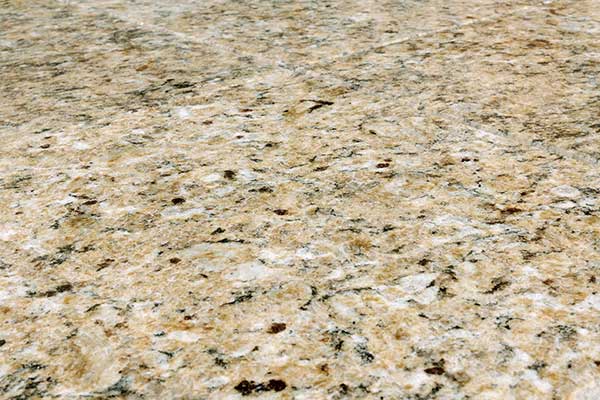
Granite TileShop all
Made from feldspar and quartz.
Available in a wide range of colours, with a shiny surface.
Honed, leathered, or polished.
Commonly installed in bathrooms, kitchens, and living spaces.
Shop by Look
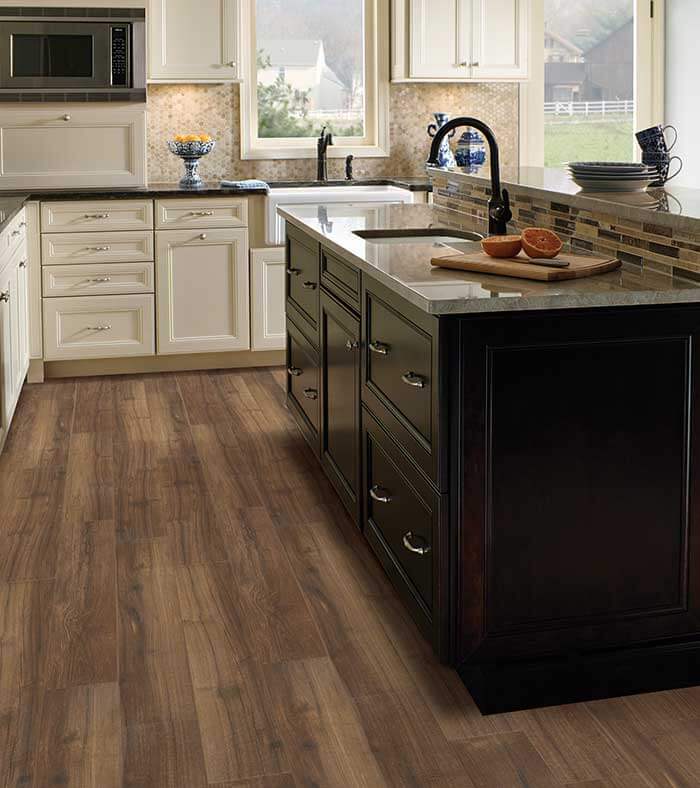
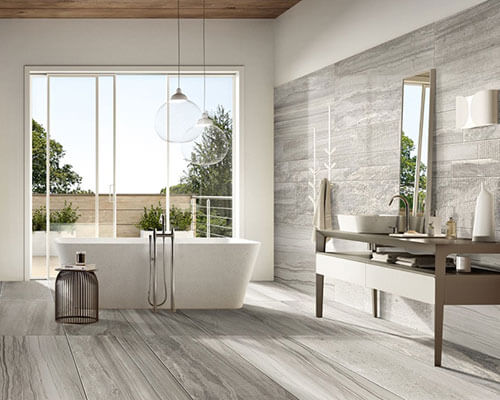
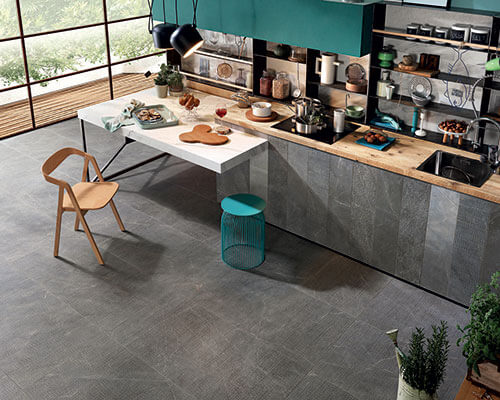
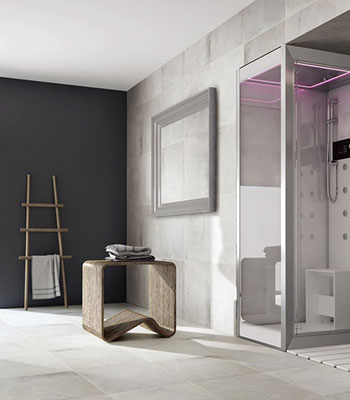
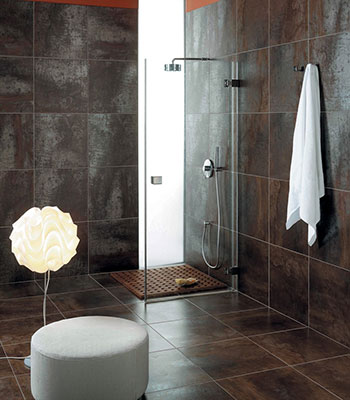
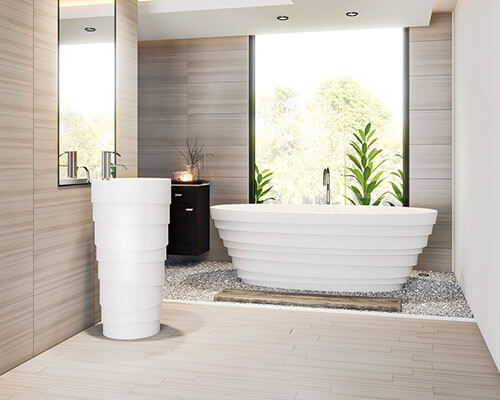
LEARN
Types of Tile Flooring
Frequently Asked Questions
How does buying tile from BuildDirect work?
Where can your tiles be used and what is a PEI rating?
How durable is tile flooring?
How much breakage should I expect with an order?
What’s the best way to keep tiles clean?
Is slate resistant to damage?
What is the difference between ceramic tiles and porcelain tiles?
What is the difference between glazed and unglazed ceramic and porcelain?
What color does travertine come in?
What does the finished surface of travertine look like?
What areas are most appropriate for marble tile?
How can I clean shower grout?
What BuildDirect Customers Are Saying
Verified Purchased
BuildDirect sent me a sample, which was very helpful. I was able to pick up at the warehouse and avoid shipping costs, which are high for these heavy tiles. Thanks! Gorgeous natural stone, too. Can't wait to see them in place.
Kari S.
New York, NY
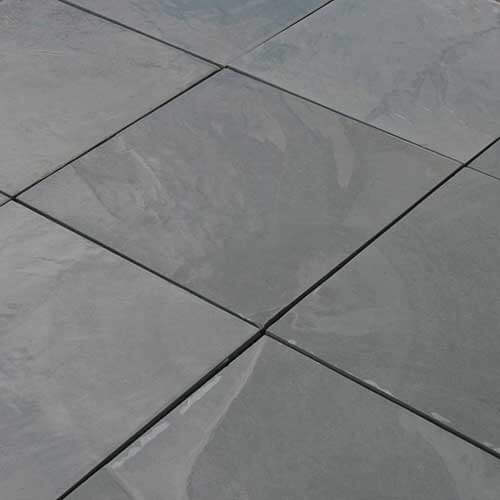
Verified Purchased
Tile was exactly as ordered and was very impressed with packaging.. Purchased 910 sq.ft. of tile and only lost one piece. Good communication and shipping.
Eric W.
Girard, PA
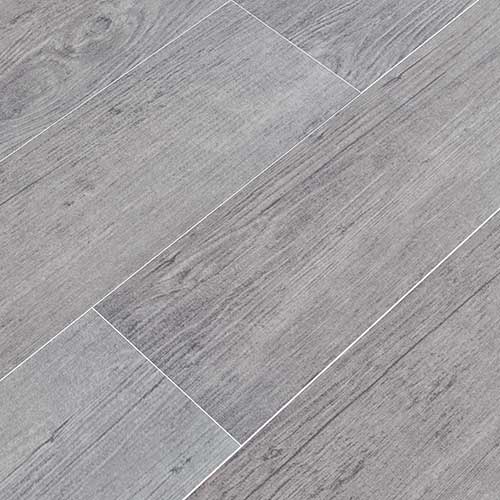
![[object Object]](png/logo-blue9b01.png)
